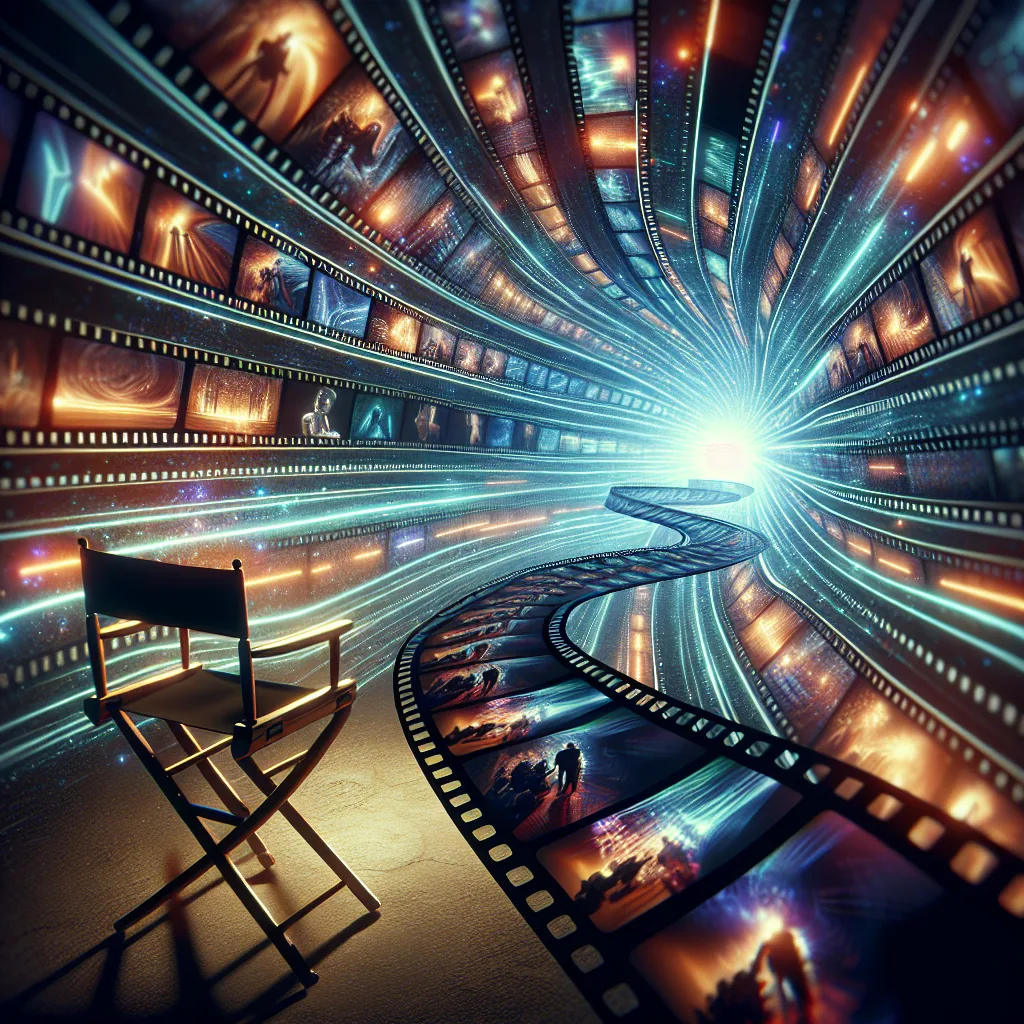A studio used AI to change a film’s ending without consulting the director, sparking a fierce debate over artistic integrity in the age of automation.
You ever finish a movie and think, “Hmm, I would have ended that differently”? It’s a fun thought experiment, but what if the movie studio went back years later and actually did it—using artificial intelligence, and without telling the original director? It sounds like a plot from a sci-fi thriller, but it’s happening right now. This recent controversy over a studio AI altering films has kicked off a massive and important debate about art, ownership, and the future of creativity itself.
The story revolves around the 2013 Hindi film Raanjhanaa. The production company, Eros International, has decided to release a new version for Tamil-speaking audiences. The twist? They’ve used AI to change the film’s ending to something they believe will be more “sensitive” to that market’s cultural tastes. They did this without the involvement or consent of the film’s original director, Aanand L. Rai.
As you can imagine, the director is not happy. He called the move a “deeply troubling precedent” that “disregards the fundamental principles of creative intent and artistic consent.”
So, How is AI Altering Films in This Case?
Eros International, for its part, is defending the decision. The company’s CEO, Pradeep Dwivedi, claims the changes are minor, affecting less than 5% of the movie, and are limited to the final act. He stresses that they used AI as a “creative tool under human supervision” to generate an “alternate emotional resolution.”
He also points out two things:
1. The original version of the film is still available to watch.
2. The studio holds the exclusive copyright to the film.
This isn’t a one-off experiment for them, either. Eros has a library of over 4,000 films and has stated they are actively reviewing them for other opportunities to use AI to “enhance, localize, or reimagine existing content.” Their vision is to present “alternate lenses where appropriate,” all while practicing what they call “responsible innovation.” But that brings up a huge question.
Is This a Threat to Artistic Integrity?
Director Aanand L. Rai certainly thinks so. He argues that art is a reflection of the vision and labor of an artist. Using AI to change a film’s narrative or tone without the director’s input, he says, is a “direct threat to the cultural and creative fabric we work to uphold.” If this goes unchecked, he warns, we could see a future where “myopic, tech-aided opportunism can override the human voice.”
He’s not alone in his concern. This issue taps into the same fears that fueled the 2023 Hollywood strikes, where the use of AI was a major sticking point. Creative unions, like the UK-based Equity, argue that AI should never be used to alter or synthesize an artist’s work without their explicit consent and fair payment. The SAG-AFTRA union has worked to create agreements that protect performers, but the rules for deceased actors or directors’ past work remain a gray area. This case is testing those very boundaries. Who gets the final say: the person who created the art, or the company that owns the rights to it?
Or Is It All Just a Big Publicity Stunt?
There’s another angle to this whole thing. Some industry watchers are skeptical that the technology is even ready for this kind of work. David Gerard, an expert who has tested AI video tools extensively, believes this could be an “obvious” stunt to generate buzz.
He points out that AI video generators are notoriously difficult to control. They often produce bizarre results, can’t follow a script accurately, and struggle to maintain character consistency. As noted in a recent article from Ars Technica on the state of AI video, even the most impressive demos often require cherry-picking the best results from countless failures and involve significant post-production work to fix errors.
Since Eros International has been vague about the specific techniques used, some suspect the “AI-generated ending” might be more marketing speak than technological reality.
Regardless of the technology, this story sets a fascinating and slightly unnerving precedent. It’s a real-world test case for some of the biggest questions facing the creative world. Does copyright ownership give a company the right to retroactively change art? And where do we draw the line between using AI as a helpful tool and letting it overwrite human vision? This Indian film controversy might be the first major domino to fall, but it certainly won’t be the last.
